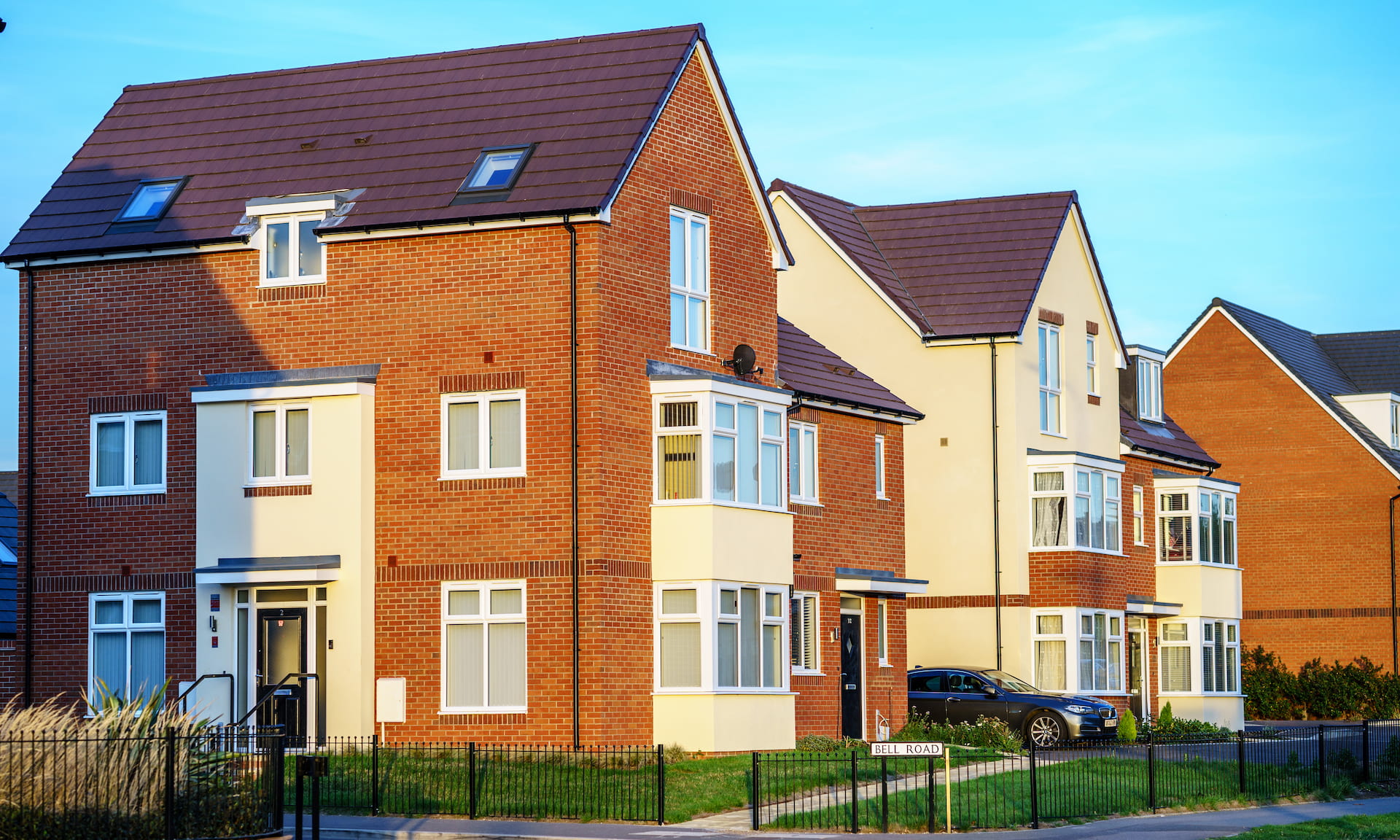
Buyers purchasing leasehold properties in England or Wales will soon no longer need to pay ground rent to the freeholder.
The first of a series of long-awaited reforms to the leasehold system will come into force on 30 June.
Here, we explain how the new rules will work and why they’re a significant step forward in ending the leasehold crisis.
Ground rents to be banned from 30 June
From 30 June, ground rent charges will be banned on new residential leases in England and Wales.
Ground rent is an annual charge paid by the leaseholder to their freeholder, and has been at the centre of a crisis first investigated by Which? in 2018.
The government has been working to abolish ground rents for a number of years as part of a suite of reforms to the leasehold system.
It says ground rents ‘provide no clear service and can be set to escalate regularly, with a significant financial burden for leaseholders’.
How the new rules will work
Anyone buying a house or flat on a long lease from 30 June won’t need to pay any ground rent.
If ground rent is demanded as part of a new lease, it can only be charged at ‘one peppercorn’. In practice, this means the rate will be set to zero.
The new rules will also apply to retirement housing from 1 April 2023 at the earliest. Exceptions will be made for some community-led housing and business leases.
Existing leaseholders who voluntarily extend their leases will have their ground rent set to zero upon the extension being completed.
The government says anyone signing a new lease or buying a leasehold property between now and 30 June should contact their freeholder to ensure their ground rent reflects the upcoming changes.
What’s the problem with ground rent?
Ground rent is a highly controversial charge that originates from medieval times. In simple terms, it is an annual payment made by the leaseholder to the landowner for the privilege of living on their land.
In more modern times, it’s been deployed in a manner that has left many leaseholders stuck in unsellable properties.
Our investigation in 2018 found many leaseholders had ground rent ‘doubling’ clauses inserted into their leases by developers, which made the annual ground rent payment double every 10 years.
In one example, this meant an annual ground rent of £295 in 2008 would reach nearly £9,500 in 2058. The scandal left many homeowners with unmortgageable properties that nobody was willing or able to buy.
How ground rent reforms have progressed
The government has been consulting on reforming the ground rent system since 2018, and has now finally set a date for the charges to be outlawed.
In the last year, some of the UK’s biggest developers including Taylor Wimpey and Persimmon have agreed to return ground rents to the prices originally charged when properties were first bought, amid action from the Competition and Markets Authority (CMA).
The CMA is continuing to investigate Barratt Homes and a number of investment companies that bought freeholds in bulk from developers.
What’s next for leasehold?
Today’s announcement is the first of a host of changes the government is planning to make to the leasehold system.
The next step involves introducing a new right for leaseholders to extend leases by 990 years at zero ground rent.
In addition, a calculator will be introduced providing a set formula for how much lease extensions must cost, protecting leaseholders from being overcharged.
The government is also consulting on the possibility of replacing leasehold with a commonhold system for flats. Commonhold involves all leaseholders in a block owning a share of the building’s freehold and managing its maintenance themselves.
Analysis: a step in the right direction
This announcement is a key part of the government’s plans to overhaul the leasehold system, and it will protect future homebuyers from facing the fate suffered by many current leaseholders.
There is still work to be done, however. Many leaseholders have already had their leases converted so their ground rent no longer doubles or increases with inflation, but they’ll still be paying some form of annual charge.
This means that for many, the more significant changes will be around lease extensions and freehold purchases – and while these are in motion, no date has yet been set.
Leasehold scandal: a timeline
In June 2018, Which? published an explosive investigation into the leasehold scandal, speaking to nearly 200 leasehold homeowners who faced spiralling costs – from ground rent doubling clauses to expensive permission fees. You can find out more in the following stories we’ve covered since 2017:



